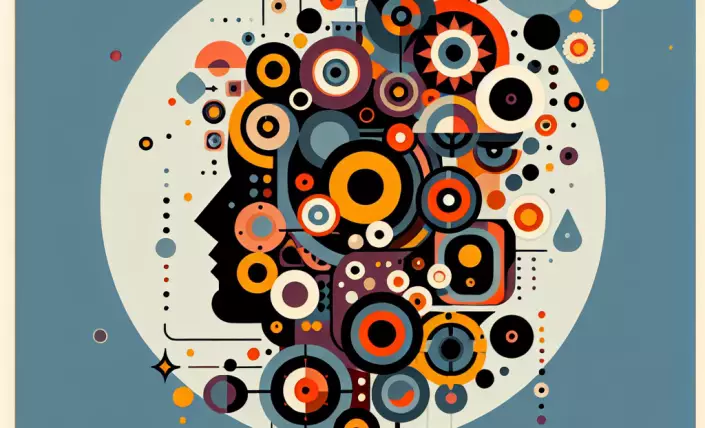The philosophy of Friedrich Hayek offers a profound exploration of freedom as an essential component of human progress and societal well-being. At the heart of Hayek's thinking is the belief that individual liberty is not merely a political principle but a fundamental necessity for the flourishing of human civilization. His ideas encourage us to reconsider the structures that govern our lives and to assess whether they truly enhance our capacity to thrive.
Hayek's conception of freedom is deeply intertwined with the notion of spontaneous order. This term refers to the natural, self-organizing processes that arise when individuals are free to make choices based on their unique knowledge and circumstances. Unlike centrally planned systems, which impose a top-down order, spontaneous order emerges organically from the diverse actions of individuals. This process is not only more efficient but also more adaptable to changes and innovations.
Consider how this perspective applies to our everyday lives. In a society that prioritizes freedom, individuals are empowered to pursue their passions, experiment with new ideas, and learn from their mistakes. This freedom of action and thought leads to a vibrant, dynamic society where innovations can flourish. The internet, for example, thrives on the principles of spontaneous order, with millions of users contributing content, creating communities, and exchanging ideas without a central authority dictating the flow of information.
However, Hayek warns against the dangers of overregulation and centralization, which stifle the creative potential inherent in individual freedom. When governments or institutions attempt to control economic and social processes through rigid rules and centralized planning, they often overlook the nuanced, context-specific knowledge that individuals possess. This can lead to inefficiencies, misallocation of resources, and a stifling of the human spirit.
Furthermore, Hayek's ideas invite us to reflect on the nature of knowledge itself. He posits that knowledge is decentralized, dispersed across society in the minds of individuals. Each person holds unique insights and experiences that contribute to the larger tapestry of societal advancement. By restricting freedom, we limit the ability of individuals to leverage their knowledge, ultimately hindering progress. This insight challenges us to consider the ways we might be inadvertently constraining our potential through unwarranted authority and control.
In embracing Hayek's philosophy, we are encouraged to trust in the capabilities of individuals to navigate their own lives and contribute to society in meaningful ways. This trust is not naive; rather, it is rooted in a deep understanding of the human capacity for innovation and adaptation. By fostering environments that respect and nurture individual freedom, we create the conditions necessary for collective growth and development.
Moreover, Hayek's emphasis on freedom extends beyond economics and politics; it touches on the very essence of what it means to live a fulfilled life. Freedom allows individuals to pursue their own conceptions of happiness and meaning, free from the constraints of imposed ideologies or social norms. In doing so, it promotes a pluralism that enriches the cultural and intellectual fabric of society.
Ultimately, Hayek's philosophy prompts us to reflect on our role as stewards of freedom. Are we actively engaging in the defense and promotion of individual liberty? Are we questioning the systems that seek to curtail our freedoms in the name of security or efficiency? By grappling with these questions, we can better understand the delicate balance between freedom and authority and strive towards a society that honors the principles of autonomy and self-determination.
In conclusion, Friedrich Hayek's ideas challenge us to re-evaluate the importance of freedom in our lives and societies. They urge us to recognize the power of individual liberty as a catalyst for human flourishing and progress. By embracing the principles of spontaneous order and decentralized knowledge, we can create a world where innovation and creativity are not only possible but inevitable. In doing so, we honor the complexity of human experience and pave the way for a future defined by opportunity and growth.










